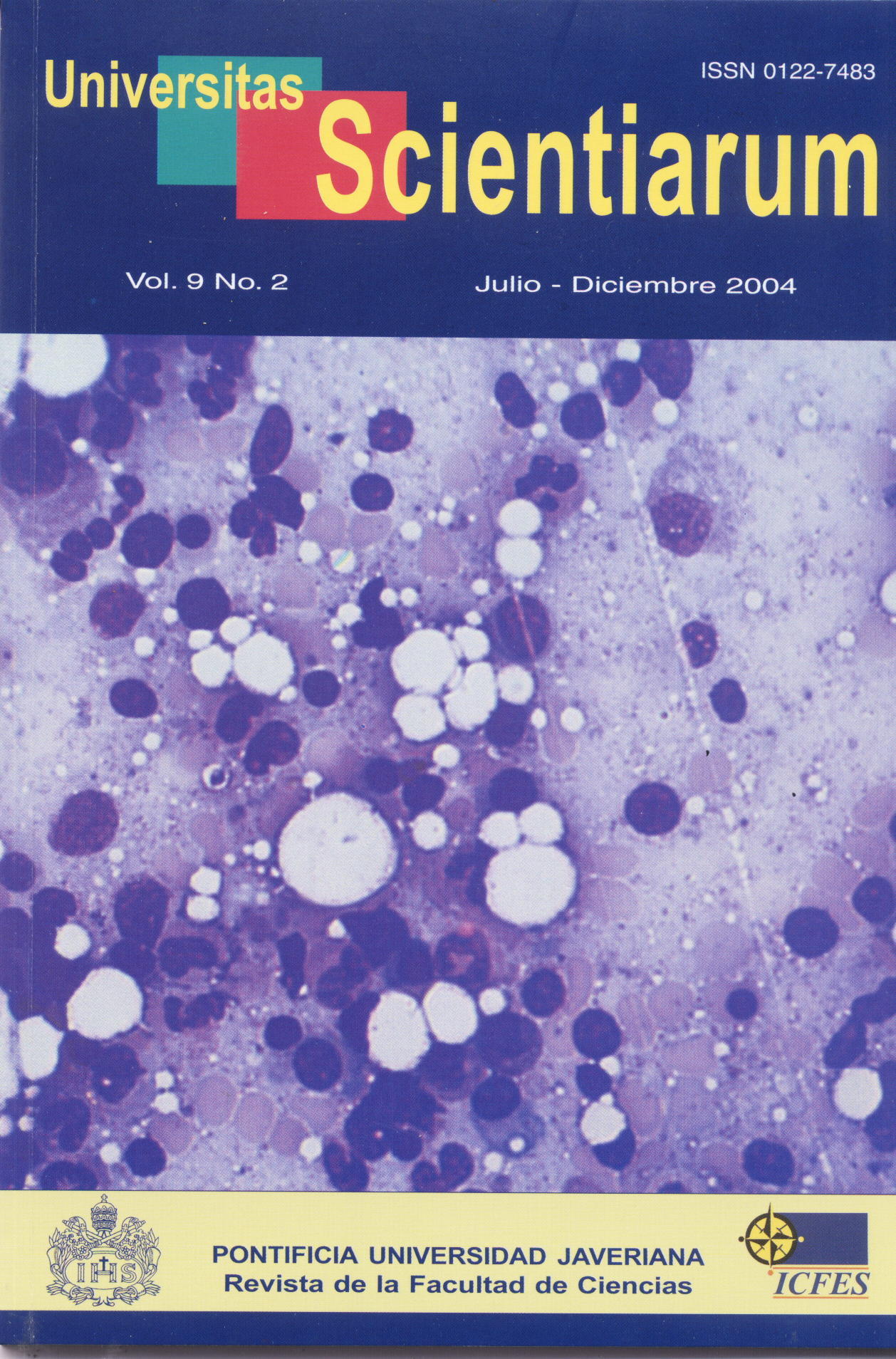Abstract
The purpose of this study was to describe the effect of the daily consumption of avocado, a good source of mono-unsaturated fatty acids, on serum lipid levels in dislipidemic subjects. The sample included thirty subjects between 30 and 65 years of age, who are treated by the Andes Clinic in Tunja. Anthropometry, food frequency and a lipid profile were assessed. Individuals were required to consume 250 g of avocado daily for 4 weeks. Descriptive statistics and a t-test were used. All test results were considered significant at p< 0.05. Weight gain during the 4-week experimental period for men was 2.7 kg and for women 2.3 (p<0.05). Total cholesterol decreased by 14% (p<0.05) and LDL by 16% (p<0.05); HDL levels increased by 19% (p<0.05) and triglycerides by 12% (p= 0.037). Normal values of total cholesterol were reached by 27% of the subjects, and of LDL by 30%; HDL levels increased in 91% of the subjects and triglycerides in 20%. Risk for coronary heart disease (CT/ HDL) decreased by 29%. Four subjects have a higher than 20% risk for coronary heart disease in 10 years accordingly to their Framinghann scores. This study shows that avocado, as a source of mono-unsaturated fatty acids, can be included in the diet plan of dislipidemic patients, as part of the total caloric value to avoid weight gain. In conclusion, for these subjects, consumption of avocado could be a factor that might decrease total cholesterol and LDL and increase HDL, important aspects to prevent coronary heart diseases.
This work is licensed under a Creative Commons Attribution-NonCommercial 4.0 International License.
Copyright (c) 2022 Martha Díaz Perilla, Catherine Andrea Toro


